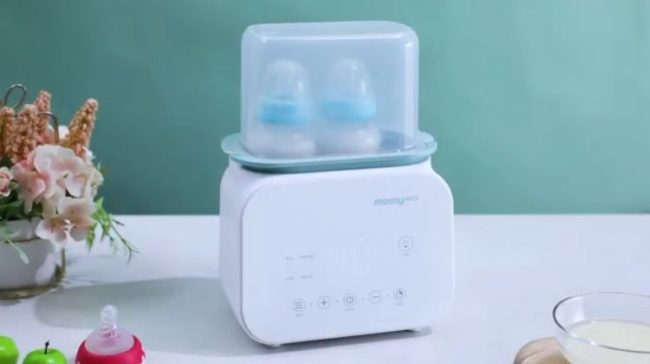Breastfeeding is an integral part of motherhood, but it’s not always possible to nurse directly. Whether due to work commitments, medical reasons, or lifestyle choices, many mothers turn to breast pumps. Choosing the right breast pump can be daunting, given the plethora of options available. This guide aims to simplify this process by outlining key factors to consider when selecting a breast pump that best suits your needs.
Breast Pump Types
Before diving into specific criteria, it’s important to understand the types of breast pumps available:
- Manual Breast Pumps: Operated by hand, manual breast pumps are portable and quieter but require more effort.
- Electric Breast Pumps: Powered by electricity, electric breast pumps are efficient and suitable for frequent use.
- Battery-Operated Pumps: A subset of electric pumps offering more mobility.
- Hospital-Grade Pumps: The most powerful, used for special medical needs or low milk supply.
- Wearable Pumps: Designed for discreet, hands-free operation.
- Smart Pumps: Technologically advanced pumps that connect to apps for tracking and control.
Identifying Your Pumping Needs
To choose the right pump, first consider your specific needs:
- Frequency of Pumping: Are you planning to pump occasionally, regularly, or exclusively? For occasional use, a manual pump might suffice. Regular or exclusive pumpers should consider electric or hospital-grade pumps for efficiency and comfort.
- Lifestyle Considerations: Your daily routine greatly influences your choice. If you’re a working mother or frequently on the go, look for a portable, possibly wearable pump. For stay-at-home moms, a heavier, more robust pump could be more practical.
- Budget: Breast pumps vary significantly in price. While you shouldn’t compromise on quality, find a balance between features and affordability.
- Comfort and Health Considerations: If you have medical conditions like sore nipples or low milk supply, you might need a pump with more gentle, adjustable suction settings.
- Ease of Use and Maintenance: Consider how easy the pump is to assemble, use, and clean. A complicated pump might discourage regular use.
Also Read: How to Clean and Maintain Breast Pump?
Detailed Criteria for Choosing a Breast Pump
Here’s a detailed breakdown of the main features to consider:
- Efficiency: Time is a valuable commodity, especially for new mothers. An efficient pump saves time and can help maintain a good milk supply. Double electric pumps are typically more efficient than single pumps.
- Suction Settings and Comfort: Look for pumps with adjustable suction levels and speeds. This customization can make pumping more comfortable and efficient.
- Portability and Convenience: If you’re mobile or travel often, a lightweight, compact pump is essential. Wearable pumps offer the advantage of hands-free operation.
- Power Source: Consider where and how you’ll be using the pump. If you’re often near a power outlet, an electric pump is suitable. For pumping on the move, a battery-operated pump is more practical.
- Noise Level: Some pumps are quieter than others. If discretion is important (for example, at a workplace), opt for a quieter model.
- Ease of Cleaning: For hygiene and health, choose a pump that is easy to clean and sterilize.
- Durability and Warranty: A durable pump with a good warranty offers peace of mind, especially if you plan to use it for extended periods or for multiple babies.
- Accessories and Spare Parts Availability: Check the availability of accessories and spare parts like breast shields, bottles, and valves. Having these easily accessible can be a lifesaver.
- Personal Fit: Breast shields come in different sizes, and the right fit is crucial for comfort and efficient pumping.
Additional Considerations
- Brand Reputation and Reviews: Research and read reviews to gauge the reliability and performance of different brands and models.
- Consultation with Lactation Experts: Lactation consultants can offer personalized advice based on your circumstances.
Final Thoughts
Choosing the right breast pump is a personal decision that depends on your unique needs, lifestyle, and budget. By understanding the different types of pumps available and considering factors like efficiency, comfort, portability, and ease of use, you can find a pump that not only supports your breastfeeding journey but also fits seamlessly into your life. Remember, the right breast pump is one that makes your breastfeeding experience more manageable, ensuring both you and your baby are happy and healthy.



